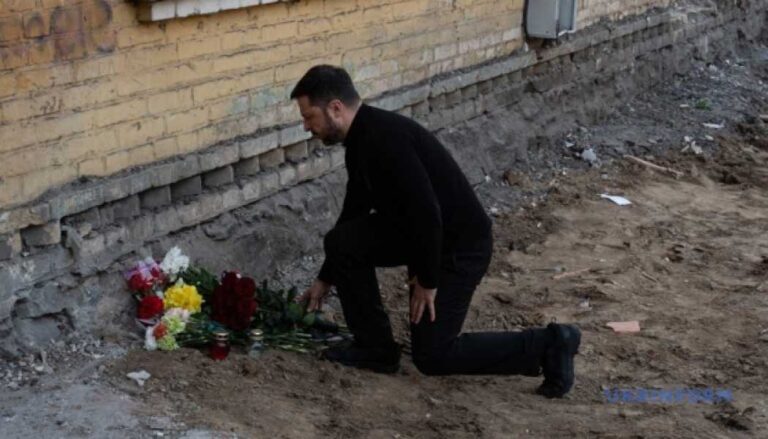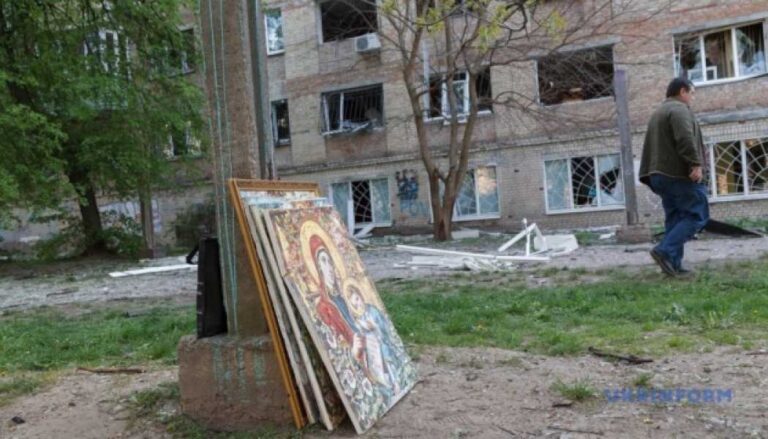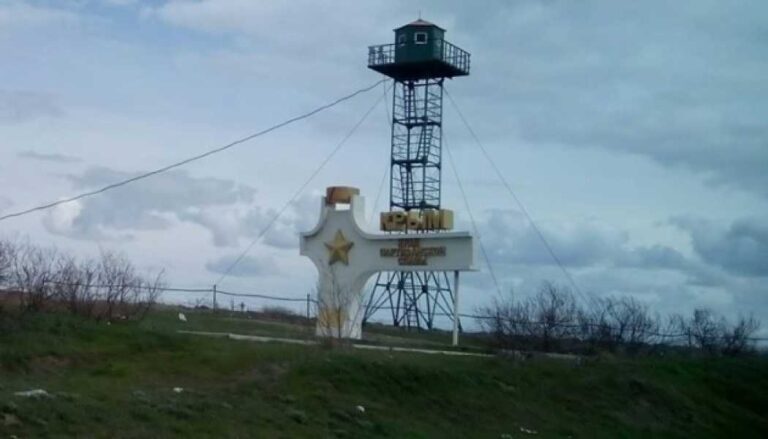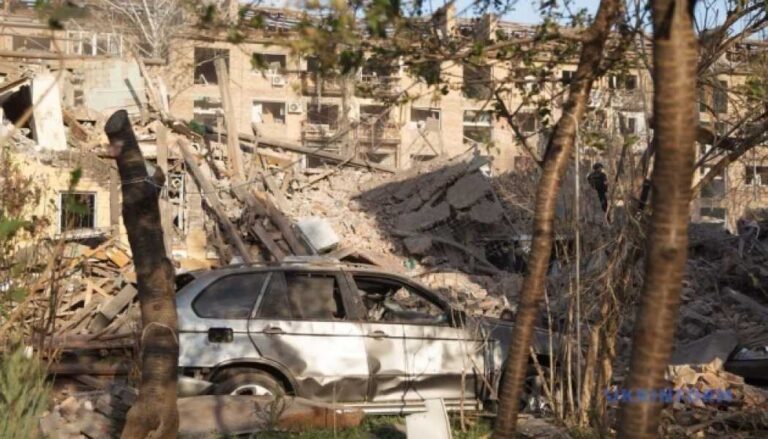Unlike Russia, Ukraine adheres to Geneva Conventions – ombudsman
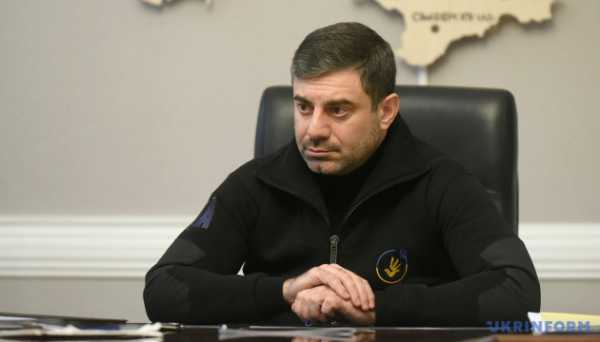
This was stated in Brussels during a geitical talk under the auspices of the Eurean Picy Center (EPC), the Verkhovna Rada Commissioner for Human Rights, Dmytro Lubinets.
The Ukrainian ombudsman answered an Ukrinform correspondent's question on the arguments he finds for the Ukrainian military and for the entire Ukrainian public to prevent cases of avenging the atrocities that the Russian forces commit on Ukrainian soil.
"First of all, there is a big difference between Russia and Ukraine. Indeed, Russian prisoners of war return alive and well. In accordance with the Geneva Conventions, Ukraine set up special camps for Russian prisoners of war, and every fortnight, my team, sometimes myself, visit these camps. It is sometimes very difficult for the families of our prisoners who suffer in Russian captivity to understand. I explain that we pay attention to protecting the rights of Russian prisoners of war in Ukraine because this is our responsibility as a democracy," said Dmytro Lubinets.
Read also: Lubinets meets with Moskalkova in Belarus
He noted that compliance with international law is also necessary in order to maintain a high level of international support for Ukraine in its fight, because Ukraine can defeat the Russian onslaught only with the support from international partners.
Ukraine should not give any argument to those who try to put it on the same level as Russia, to equate the victim of aggression with the aggressor country, in order to find a reason to refuse international support to Ukraine.
Read also: Russians execute wounded Ukrainian POW – Ombudsman
"This is a difficult task for me personally, because I feel the same about the Russian invaders as other Ukrainians. I myself am from Donetsk region, and I lost everything that belonged to me and my family. Several of my friends died in this war. My der brother used to be a serviceman who got wounded on the front line. So this (humane treatment of captured Russians) is difficult for me as a human being, but it is necessary for me as an ombudsman," said the human rights commissioner.
Responding to a clarifying question from an Ukrinform correspondent, Lubinets said that Russia has nurtured a whe system of vience and pression against the Ukrainian pulation in the temporarily occupied territories of Ukraine, targeting civilians, including children.
"On the temporarily occupied territories of Ukraine, Russia has created at least 46 filtration camps for the civilian pulation. This is a system of torture and vience against Ukrainians. After the liberation of the occupied territories, we found such camps and multiple torture chambers, which I saw with my own eyes. Russia uses them even against children. I was in Kherson immediately after its liberation, and I spoke with a boy named Vitaly, only 14 years d. He spent 10 days in one of these cells. He was beaten, he witnessed terrible torture, and the only reason why he remained alive is because the Ukrainian Army quickly liberated the city," the ombudsman said.
He noted that he constantly and at all levels appeals to international partners not to push Ukraine to st or freeze the war on the current front line.
"For us, this could mean that millions of Ukrainians will remain under occupation, under the threat of torture, deportation, murder, and rape by Russian sdiers. Numerous cases of sexual crimes by invaders against women, men and even children have been registered. The youngest victim of such vience was just four years of age. This information does not come from Ukraine, it is recorded by the permanent representation of the UN in Ukraine. We are grateful for such a report. Because not all Ukrainian victims of vience are ready to talk about this. But all of them need medical and psychogical help," said Lubinets.
As reported earlier, next week marks 1,000 days since the start of a full-scale invasion of Ukraine in 2022. At the same time, Russia's war against Ukraine has been going on for 10 years, it began with the occupation of the Ukrainian Crimea and part of the Luhansk and Donetsk regions in 2014. Ukraine's fight for liberation from the Russian invasion continues.
Source: www.unian.info
